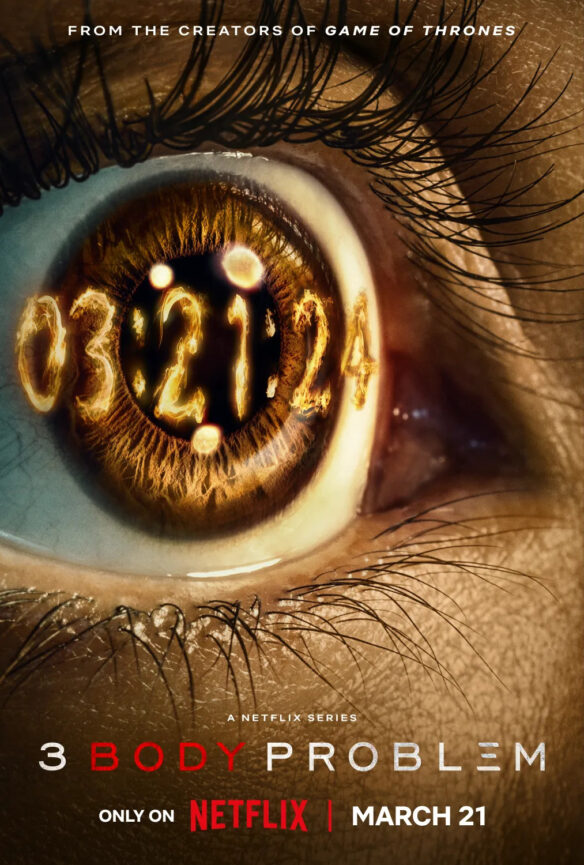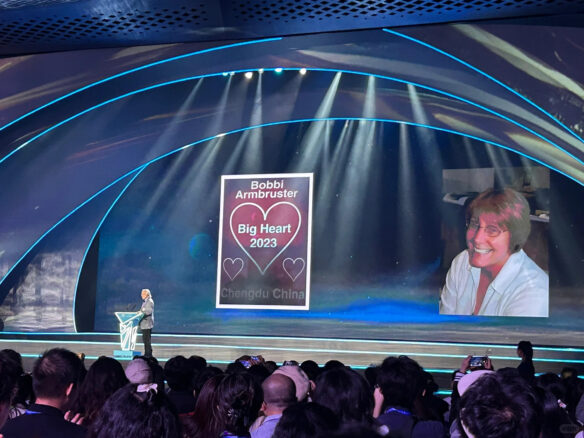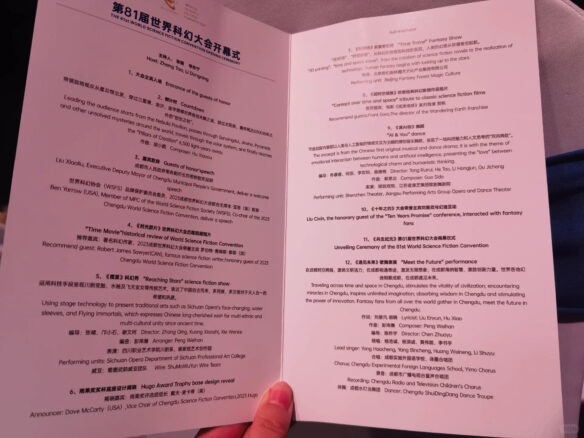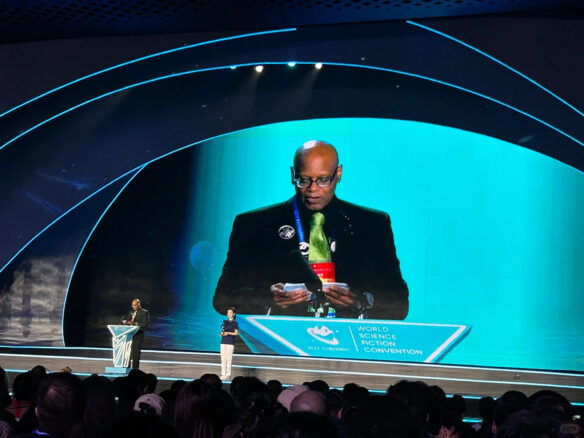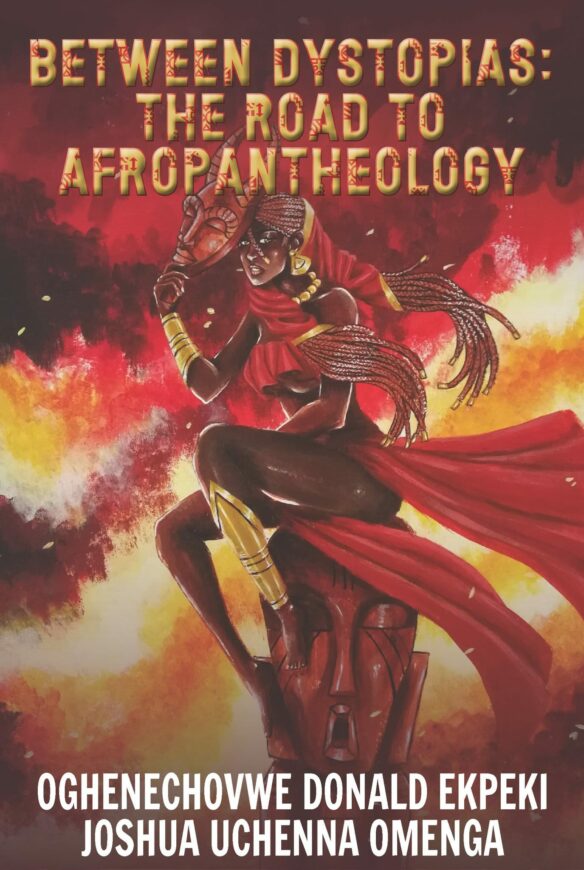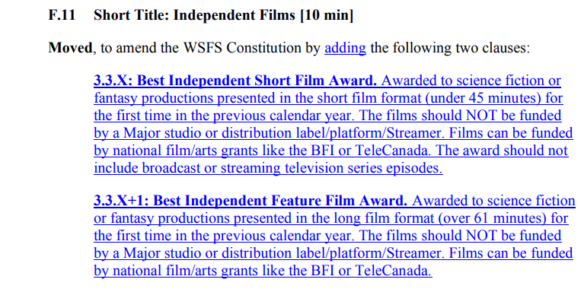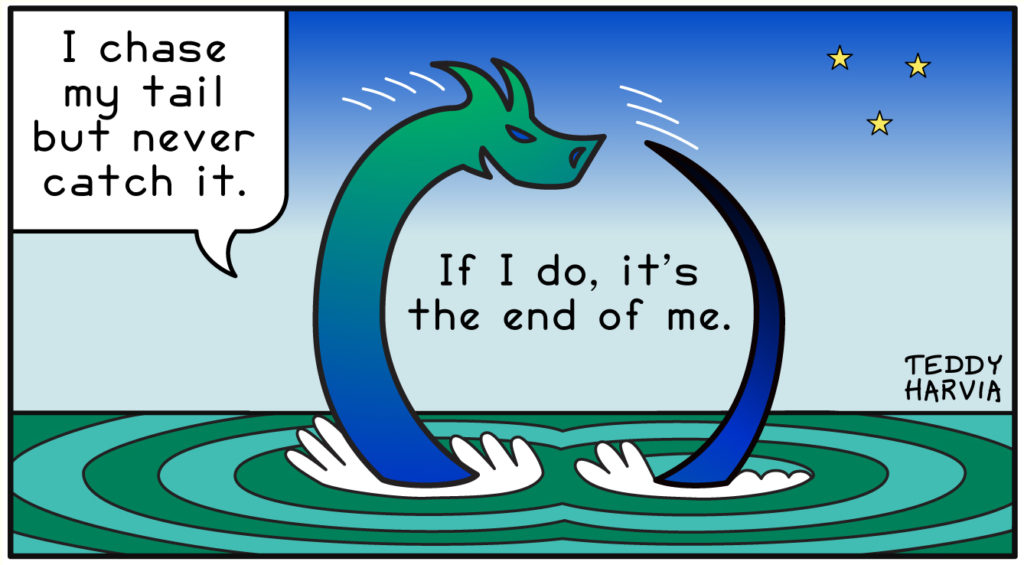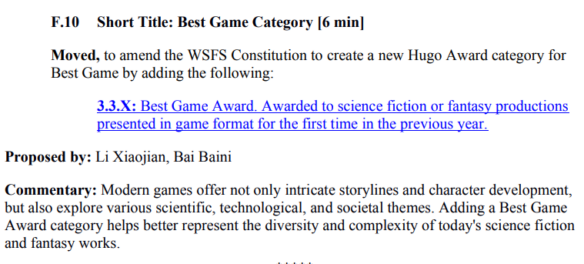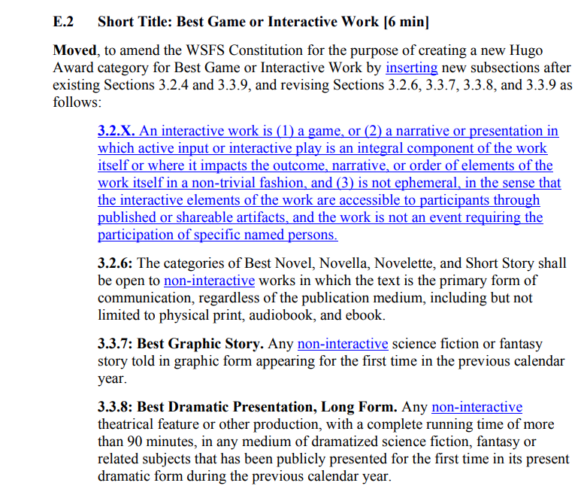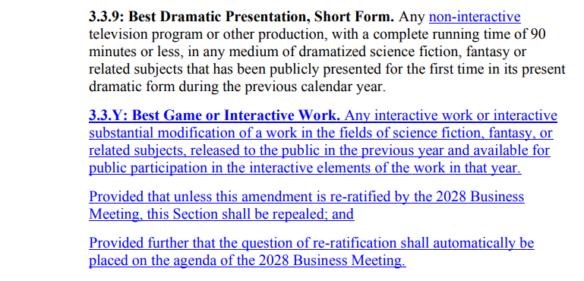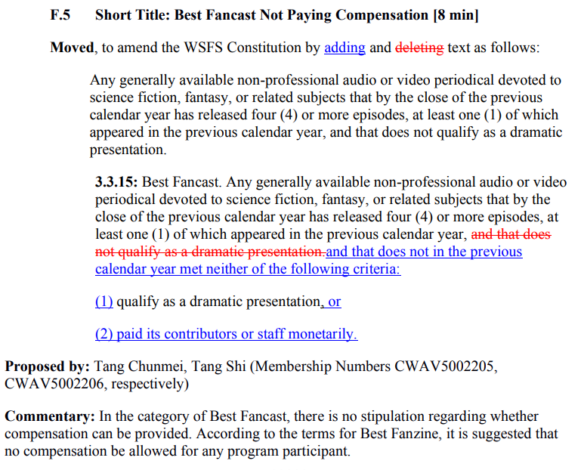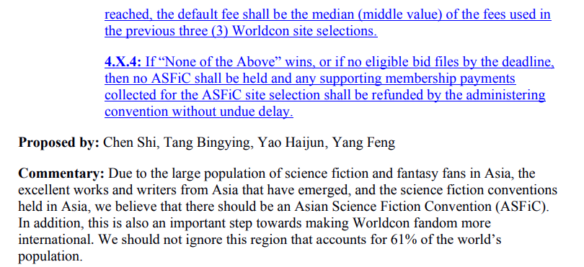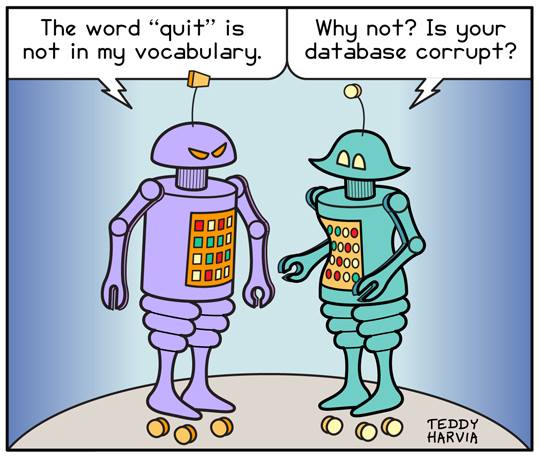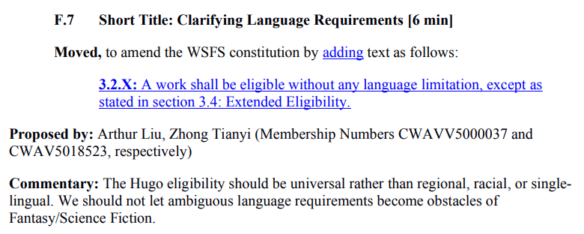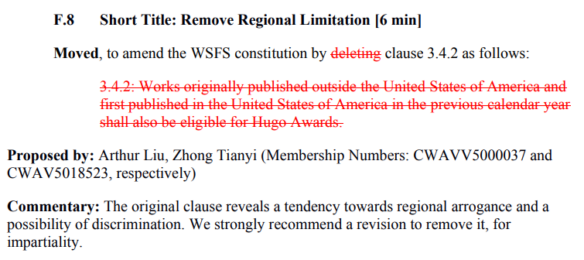(1) AGENTS OF BOGOSITY. At Writer Beware, Victoria Strauss teaches readers “How to Spot a Fake Literary Agency”.
As if writers didn’t have enough to contend with, the past couple of years have seen a huge rise in scammers posing as literary agencies.
I’m not talking here about the imposters who “borrow” the names of real agents and agencies (though they are certainly part of the same problem)–but about scammers who set up entirely fake literary agencies as fronts for extracting money from writers.
Reputable literary agents do occasionally reach out to authors whose work they’ve seen to ask if the author is represented or to invite a submission. But this is rare. Reputable literary agents are buried in queries; they don’t have a pressing need to scout for more.
For scammers, on the other hand, solicitation is their main way of recruiting clients. There are so many solicitation scams these days that you should be extremely cautious of any out-of-the-blue publishing- or movie rights-related contact that isn’t directly traceable to a query you sent or submission you made.
Many fake literary agency solicitations are relatively easy to recognize because of how flagrantly bogus they are–demanding upfront fees of various types, selling junky PR services, shilling re-publication packages, and often laced with bad grammar (most solicitation scams come from overseas)–none of which is typical of real, reputable literary agents.
But what if you get a credible-seeming email like this?…
(2) SIGNS OF THE TIMES. [Item by Bill Higgins.] I am marveling at the fact that I have lived long enough to see the headline “Pope calls for treaty regulating AI, warning of potential for ‘technological dictatorship” (CNN).
I’ll just be over here getting boggled at the SFness of this headline. Meanwhile, anyone curious about Pope Francis’s message on “Artificial Intelligence and Pease,” which was released on 8 December, may find it on the Holy See’s Web site: “LVII World Day of Peace 2024 – Artificial Intelligence and Peace”.
… We need to remember that scientific research and technological innovations are not disembodied and “neutral”, [4] but subject to cultural influences. As fully human activities, the directions they take reflect choices conditioned by personal, social and cultural values in any given age. The same must be said of the results they produce: precisely as the fruit of specifically human ways of approaching the world around us, the latter always have an ethical dimension, closely linked to decisions made by those who design their experimentation and direct their production towards particular objectives.
This is also the case with forms of artificial intelligence. To date, there is no single definition of artificial intelligence in the world of science and technology. The term itself, which by now has entered into everyday parlance, embraces a variety of sciences, theories and techniques aimed at making machines reproduce or imitate in their functioning the cognitive abilities of human beings. To speak in the plural of “forms of intelligence” can help to emphasize above all the unbridgeable gap between such systems, however amazing and powerful, and the human person: in the end, they are merely “fragmentary”, in the sense that they can only imitate or reproduce certain functions of human intelligence. The use of the plural likewise brings out the fact that these devices greatly differ among themselves and that they should always be regarded as “socio-technical systems”. For the impact of any artificial intelligence device – regardless of its underlying technology – depends not only on its technical design, but also on the aims and interests of its owners and developers, and on the situations in which it will be employed.
Artificial intelligence, then, ought to be understood as a galaxy of different realities. We cannot presume a priori that its development will make a beneficial contribution to the future of humanity and to peace among peoples. That positive outcome will only be achieved if we show ourselves capable of acting responsibly and respect such fundamental human values as “inclusion, transparency, security, equity, privacy and reliability”. [5]…
(3) STREAMER OF BABEL. “Disney Is a Language. Do We Still Speak It?” asks critic Alissa Wilkinson in the New York Times.
…WHEN I WAS A TWEEN, the studio was on one of its most remarkable hot streaks. Beginning with “The Little Mermaid” in 1989 and ending with “Tarzan” and “Mulan” a decade later, Disney animators turned out runaway hit after hit, pleasing critics and audiences with movies like “Beauty and the Beast,” “The Lion King” and “Aladdin.” For ’90s kids, each new release was a major life event. In the years before “Shrek” and “Minions,” Disney owned mainstream animation, and so you and your friends talked about seeing “the new Disney movie,” and everyone knew what you meant.
It’s probably no accident that the end of the hot streak coincided with the start of the evangelical boycott of the company, led by the right-wing American Family Association, Focus on the Family and the Southern Baptist Convention. They were protesting the company’s decision to extend benefits to employees’ same-sex partners and to allow outside groups to host “Gay Days” at theme parks. Hyperion, the publishing company owned by Disney, had published books like “Heather Has Two Mommies,” and Ellen DeGeneres, whose sitcom aired on the Disney subsidiary ABC, had come out as gay. The boycott lasted for eight years, less effective than the company’s opponents might have hoped (a poll found only about 30 percent of the Baptist organization’s members even observed it). But now the studio was part of the culture wars, a fracturing along ideological lines that would redraw American public life in new ways.
Kids in theaters couldn’t see it at the time, but that moment was the end of something we’d barely had time to know: a monoculture, an era of brand clarity for the Mouse. In 2006, faced with another household-name studio generating new legends, Disney acquired Pixar. In 2009, scarcely a year after Iron Man made his debut, the company added Marvel Entertainment to its slate. Three years later, Lucasfilm and thus “Star Wars” joined the family. Then, in a herculean move, Disney bought 20th Century Fox — one of the other old, grand studios in Hollywood — and redubbed it 20th Century Studios. What counts as “the new Disney movie” in this context?
Of course, all these new franchises meant great things for the company’s coffers. But the 21st century brought changes that would fundamentally reshape Disney’s place in American culture, as well as its ability to make new generation-spanning myths. The monoculture largely fractured, thanks to the internet, streaming and the digital era. On the web, the already deep culture-war divides grew sharper and more entrenched. The ideal that Disney promoted — a world where “people can come together,” as the chief executive at the time, Bob Chapek, said in 2022 — seemed more out of reach than ever. “My opinion is that, when someone walks down Main Street and comes in the gates of our parks, they put their differences aside and look at what they have as a shared belief — a shared belief of Disney magic, hopes, dreams and imagination,” Chapek explained. Which sounds, at this point, a lot like a wish on a star….
(4) GOODREADS’ ‘NOT MY JOB’ ATTITUDE. NPR catches up with the Cait Corraine story in “Goodreads asks users to help combat ‘review bombing’”. Of course, laying the job off on users is next to useless.
… Amazon-owned Goodreads makes little effort to verify users, and critics say this enables a practice known as review-bombing, in which a book is flooded with negative reviews, often from fake accounts, in an effort to bring down a its rating, sometimes for reasons having nothing to do with the book’s contents.
Review-bombing can devastate a book’s prospects, especially when the writer is little known or publishing for the first time.
“When a reader who is considering buying your book sees that you are controversial or your book is controversial, that’s going to make them shy away from it,” says writer and editor Lindsay Ellis. She says she herself was review-bombed because she had criticized author J. K. Rowling’s remarks about the transgender community.
Corrain’s downfall came after internet sleuths published a Google document detailing a number of Goodreads accounts praising Crown of Starlight and giving low reviews to works by other writers, many of them people of color….
… Goodreads relies on a team of volunteer “librarians” to ensure the accuracy of information about books and authors, but the sheer number of reviews the site publishes — more than 300 million ratings in the past year alone — makes it subject to abuses.
“Goodreads just makes it so easy to engage in that bad behavior,” [Jane] Friedman says.
One unusual feature about Goodreads is that it allows reviews to be posted before a book has been published, which helps generate early buzz. Many publishers even send out early copies to influential Goodreads users, hoping they will talk up the book.
Sometimes, reviews are published even before a book is finished.
George R. R. Martin’s seventh book in his phenomenally popular “A Song of Ice and Fire” series has already generated thousands of reviews. He hasn’t yet finished the sixth.
(5) WSFS BUSINESS PASSED ON. Donald Eastlake III, Chengdu Worldcon Business Meeting chair, has announced that the Business passed on to Glasgow 2024 has now been linked from the Rules of the World Science Fiction Society web page. Here are direct links to a PDF document and a Word document.
(6) AFROFUTURISM. WKAR Specials’ “Afrofantastic: The Transformative World of Afrofuturism” is available to view at the PBS website. (Note: May be visible only to US viewers.)
Championed by artists, scholars, and activists around the world, Afrofuturism offers a tool kit for a better tomorrow. This documentary explores the definition and activism linked to Afrofuturism and the ways this movement is informing dynamic discussion about social practice, politics, and the arts in the United States and around the world.
(7) THEY DID THE MASH. THE SUPERHERO MASH. “’What If’ Season 2 Releases Episode Descriptions” – Collider has them. The show premieres December 22 on Disney+.
…What If…? looks at different universes, where events in the MCU played out differently, and how it created an entirely different world. The first scenario of the season will be “What If… Nebula Joined the Nova Corps?” The next episode will focus on another member of the Guardians of the Galaxy, “What If… Peter Quill Attacked Earth’s Mightiest Heroes?” Earth’s Mightiest Heroes is another name for the Avengers. Another notable episode of the season will be “What If… Happy Hogan Saved Christmas?” which will be released on Christmas Eve. The episode was teased in a trailer for the season, when Happy warned Darcy Lewis that Avengers Tower had been taken over. Captain Carter, a version of Peggy Carter who took the super soldier serum, will return in “What If… Captain Carter Fought the Hydra Stomper?” At the end of Season 1, Captain Carter learned that her version of Steve Rogers is still alive. The ninth episode will also feature the return of Doctor Strange Supreme, a character introduced in the first season’s fourth episode, which was one of the show’s most memorable episodes. Another notable episode is “What If… The Avengers Assembled in 1602?” A limited comic book series, Marvel 1602, ran from 2003-2004, which looked versions of the Marvel characters who lived in the year 1602….
(8) BEST PRIVATE EYE STORIES OF THE YEAR. A new “best of” anthology will take submissions of P.I. stories published in 2024, The Best Private Eye Stories of the Year will be released by Level Short, an imprint of Level Best Books, beginning in 2025. The inaugural edition will honor the best P.I. stories published in 2024.
Series editor Michael Bracken welcomes Matt Coyle as guest editor for the first volume and notes that Kevin Burton Smith will contribute “The Year in Review,” an essay looking at the year’s significant events in private eye fiction.
Matt Coyle is the Anthony Award, Lefty Award, and two-time Shamus Award winning author of the long-running Rick Cahill series. He was named the 2021 Mystery Writer of the Year by the San Diego Writer’s Festival, and he has received the San Diego Book Award for Best Mystery as well as a silver Ben Franklin Award for Best New Voice in Fiction. He has also been nominated for Barry, Derringer, and Macavity awards.
Only private eye stories published in English during 2024 will be considered.
Complete submission requirements are here.Learn more about series editor Michael Bracken at his website.
(9) TONY N. TODARO. President of the Greater Los Angeles Writers Society Tony N. Todaro passed away December 12. Earlier this year Todaro suffered a massive hemorrhagic stroke.
He coordinated GLAWS presence at several LA conventions in past years, including the 2010 Loscon for which I organized the program. Tony also was the Executive Director of West Coast Writers Conferences (WC2) which produced the Annual Greater Los Angeles Writers Conference, the Digital Author and Indie Publishing Conference, the Genre-La Writers Conference, Masters Workshops, and he BCX.
He is survived by his wife Lilly.
(10) TODAY’S BIRTHDAY.
[Written by Cat Eldridge.]
Born December 17, 1944 — Jack L. Chalker. (Died 2005.) Jack Chalker, a true fan, was a member of the Washington Science Fiction Association and he founded the Baltimore Science Fiction Society along with two other friends. He attended every Worldcon but one starting in 1956 for thirty-nine years.
His fanzine Mirage which ran for a decade covering the Sixties was nominated for a Hugo at the first Discon. Interject, launched in the late Sixties would last for twenty years.
He also had Mirage Press, Ltd. which published nonfiction and bibliographic works concerning science fiction and fantasy.
He was toastmaster at ConStellation.
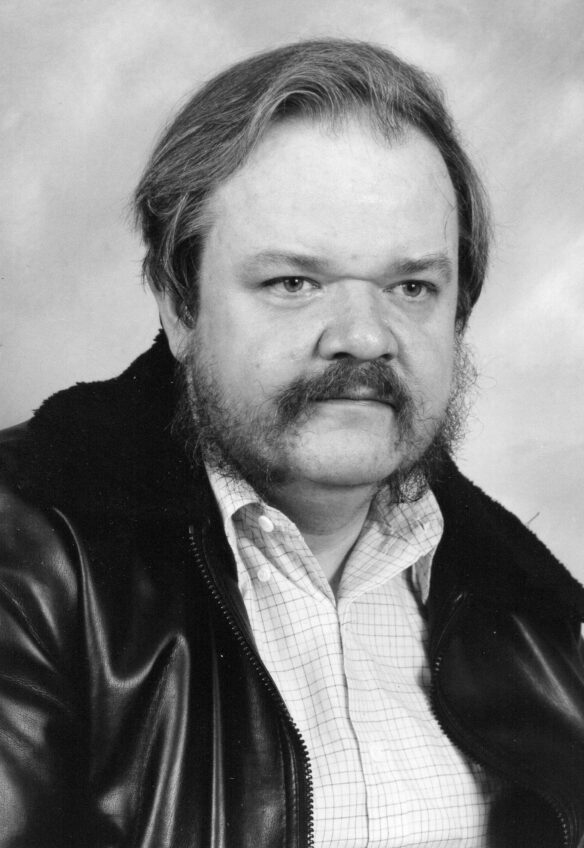
Award wise, he would win the Skylark Award, presented by NESFA. He was twice nominated for the Astounding Award for Best New Writer. His second Hugo nomination (with Mark Owings), at MagiCon, was for Best Related Non-Fiction Book, The Science-Fantasy Publishers: A Critical & Bibliographic History. He was posthumously awarded the Phoenix Award by the Southern Fandom Confederation.
Now let’s get to his fiction. I won’t claim that I’ve read all of the Well World novels, as I haven’t, but all of the ones that I have experienced have been highly entertaining. (I certainly should consider listening to least the first one to see how it holds up almost a half century on now.)
I’ll admit that I wasn’t at all keen on the Four Lords of the Diamond series. I’m just not a fan of prison planet set fiction and this one no exception. Your experience of our see may be different.
Now the Three Kings trilogy is Chalker at his very best — great characters, fantastic setting and a superb story. Another fantastic series by him is Changewinds. For a one-off, his time travel spy novel Downtiming the Night Side is a lot of pulp fun.
That’s what I like for his long fiction though I’d really to read “An Informal Biography of Scrooge McDuck” he wrote and first published on Mirage Press. It’s one of just a baker’s dozen short stories that he wrote and I think I read most of them. And could someone please explain to me what “the Nalocon Visitation” was as it has more writers credited than I can possibly listed here. Eight of his thirteen short pieces are collected in Dance Band on the Titanic though not the Scrooge McDuck piece alas.
(11) COMICS SECTION.
- Saturday Morning Breakfast Cereal shows how AI will produce someone’s soulmate.
- Popeye introduces us to Bluto’s power suit. But that’s not what makes him cry “Uncle”.
(12) TFW? “Five Cut Lines Completely Changed The Ending Of Star Trek IV: The Voyage Home” claims Slashfilm.
…Beginning with “Star Trek II: The Wrath of Khan,” the Vulcan character Saavik emerged as an intriguing component of the franchise’s ever-expanding universe. Played initially by Kirstie Alley, and then, in the next two films, by Robin Curtis, her path seemed destined to merge with Spock’s. Leaving aside the Eddie Murphy of it all, the biggest departure from Meerson and Krikes’ screenplay was the omission of an exchange between Kirk and Saavik. According to Krikes:
“There was a scene with Kirk on the bridge of the Bird of Prey. They cut out five lines where Kirk says to Saavik, ‘Have you told him yet?’ And she says, ‘No. I’m taking a maternity leave.'”
That would’ve been a bombshell development in Trekland. “That’s why she’s standing with Amanda [Grayson, Spock’s human mother] when the Bird of Prey leaves,” said Meerson. “Because Amanda knows Saavik is carrying Spock’s kid. All they did was cut out five lines of dialogue, and you lost that whole thing.”…
(13) GOLDEN GLOBES 2024. The Golden Globes 2024 nominees came out December 11. See the complete list at the link.
Greta Gerwig’s “Barbie,” a feminist phenomenon that traces its origins to toy store shelves, dominated nominations for the 2024 Golden Globe Awards. Its 10 nods makes the movie the second most-nominated in the 81-year history of the show, tying it with “Cabaret.”
(14) EASY BAKE BEAR. The New York Times calls it “The Strangest Toy on Wish Lists This Year”.
Here’s a holiday recipe you probably haven’t made.
First, pour two brightly colored powders into a bowl. Then add water and mix until a dough-like substance forms. Place that into an animal-shaped baking mold, remove it and put it inside a plastic oven. Set a timer for 90 seconds; when you hear a ding, open the oven. What’s inside? A smiling stuffed animal with large, pleading eyes. Squeeze it and you’ll find that not only is its plush body warm, but it also smells like cinnamon.
Such is the alchemy of Cookeez Makery, one of the stranger toys released ahead of the holiday season this year. Combining elements of Build-A-Bear and the Easy-Bake Oven, the toy has beguiled children and adults with its ability to seemingly transform a glob of mush into a warm, dessert-scented creature resembling a dog, cat, or rabbit….
(15) WESTERN FRONTIER WAITING FOR THE FINAL FRONTIER. “New Mexico Spaceport Leaves Economic Dreams Grounded” reports the New York Times.
From his tiny gem store in southern New Mexico, Robert Hanseck spends his days untangling chakra beads and answering questions about the healing properties of amethyst crystals. After four decades behind the register, he has met thousands of wellness-minded tourists eager to explore the hot springs that span the region.
But he almost never sees the type of traveler he was promised would transform his small town of Truth or Consequences: space enthusiasts.
“It’s been a flop,” he said of Spaceport America, a project that was conceived as the vanguard of commercial space travel — and that has been promoted by state officials for more than two decades as a launchpad for the local economy.
Less than a mile up the road, Arthur Burger, who owns an art gallery, recounted the moment in 2021, not long after he moved to town, when he watched in awe as a rocket plane soared into the sky beyond the nearby mountain range. He remembers the resounding boom.
After years of delays, Virgin Galactic, the anchor tenant at Spaceport America, had sent its founder, Richard Branson, and a team to the edge of space — evidence at last, many in the area thought, that New Mexico was a front-runner in the commercial space race.
“That week, people came in from London, from Taipei,” Mr. Burger said. “It was surreal.”
In this stretch of rural New Mexico, there are plenty of opinions about Spaceport, a futuristic structure on a desolate stretch of desert that has cost more than $200 million in state and local funds….
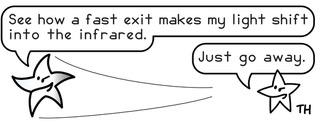
[Thanks to Cat Eldridge, SF Concatenation’s Jonathan Cowie, Mike Kennedy, Daniel Dern, Todd Mason, Bill Higgins, Andrew Porter, John King Tarpinian, and Chris Barkley for some of these stories. Title credit belongs to File 770 contributing editor of the day Daniel Dern.]





